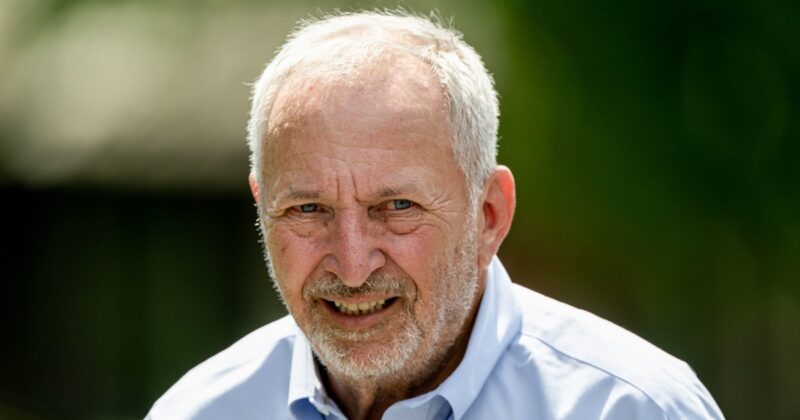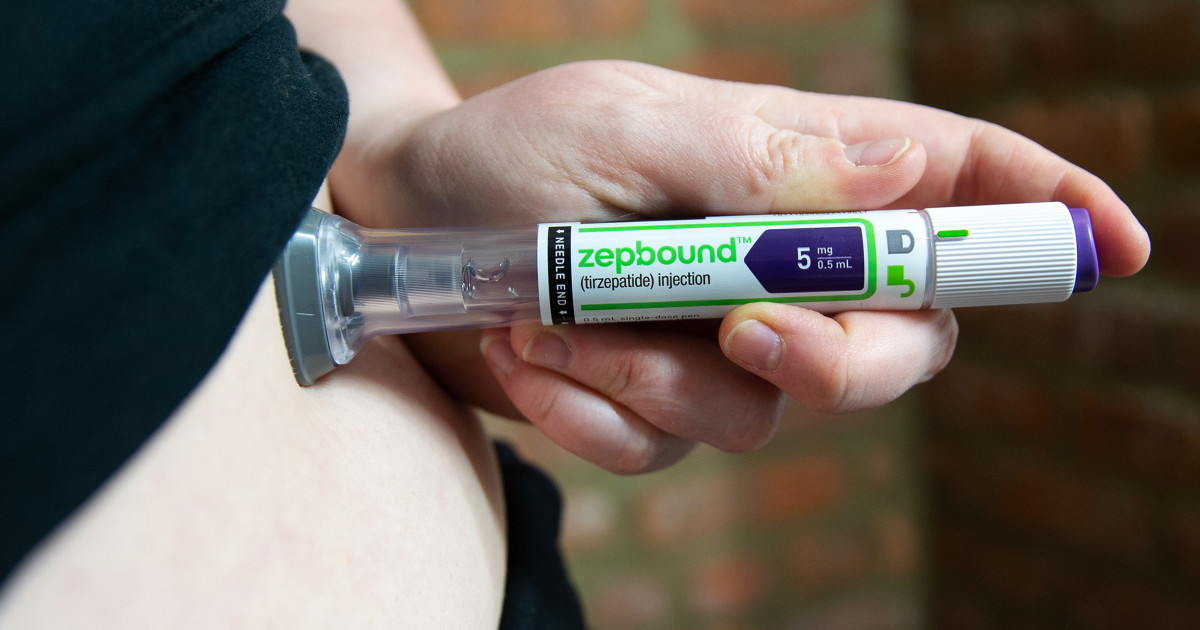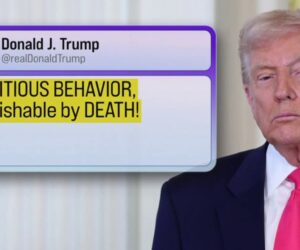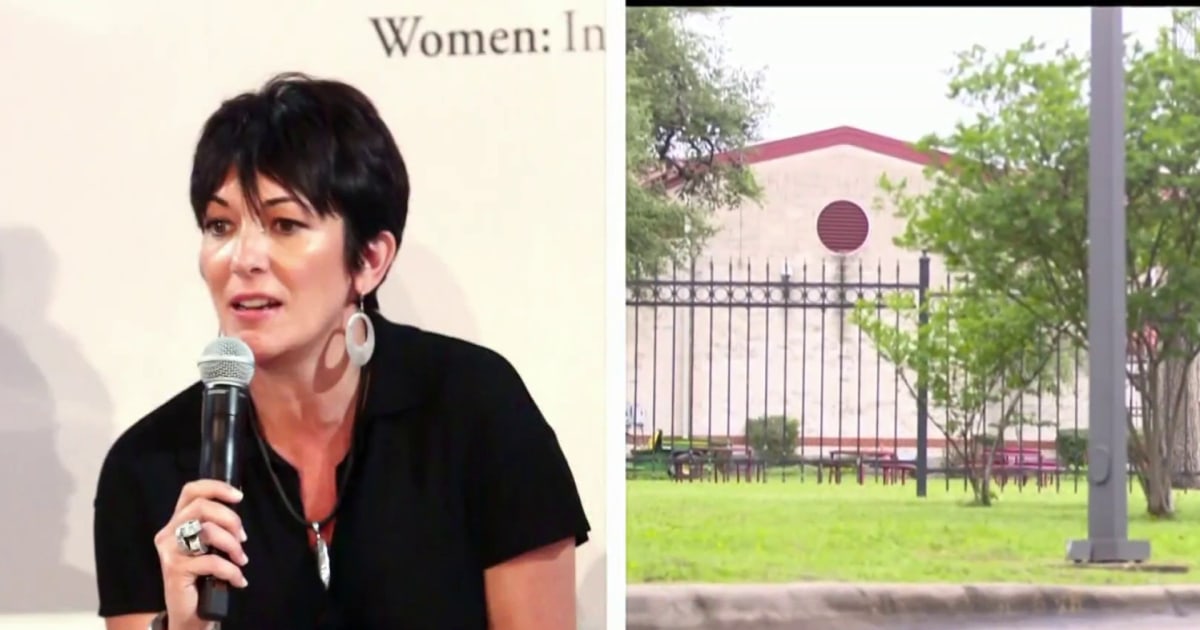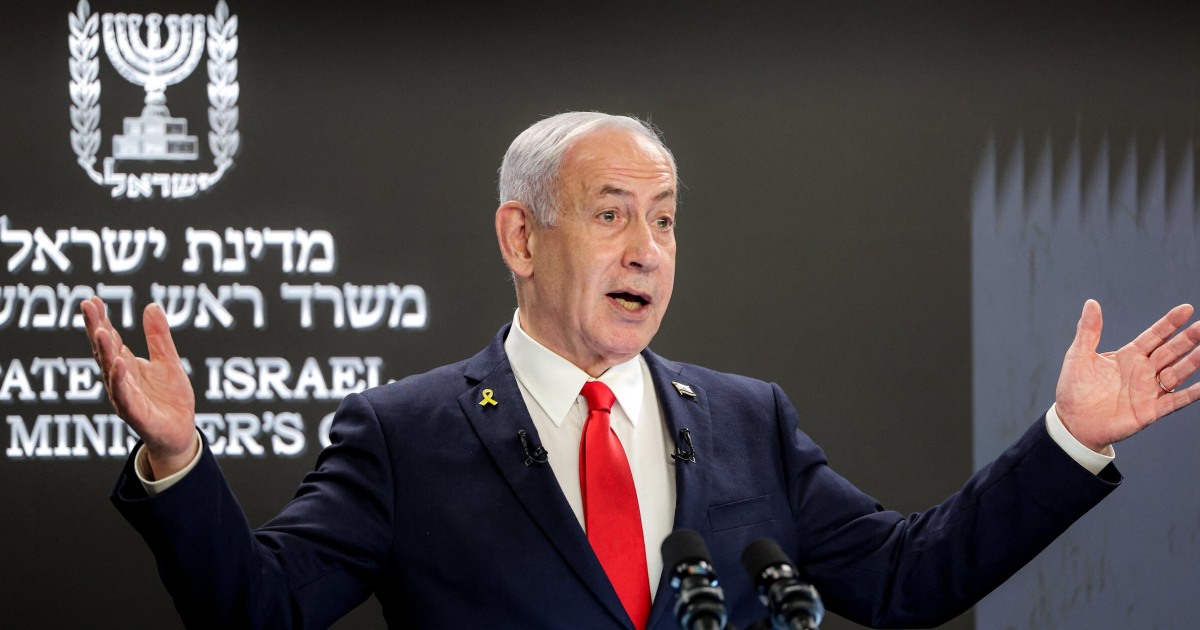Larry Summers’ ties to convicted sex offender Jeffrey Epstein were long public knowledge. But the recent publication of emails between the two men show they were closer than had been publicly known, creating a dilemma — and a reputational headache — for Harvard University, the Ivy League institution where Summers is on the faculty and once served as president.
In interviews this week, a group of Harvard faculty members and students decried Summers’ email correspondence with Epstein, which continued more than a decade after the disgraced financier pleaded guilty to soliciting prostitution from a minor. The two men chatted about politics and current affairs, and Summers looked to Epstein for advice on his relationship with a woman.
Lola J. DeAscentiis, 21, an undergraduate student who is taking one of Summers’ classes, said she believes his decision to step back from teaching at the university was “the very least that can happen.” DeAscentiis is one of the organizers of a petition — “Tell Harvard: Shut Out Summers!” — demanding that Harvard revoke Summers’ tenure.
“I think there’s hope that Harvard and people outside Harvard will recognize this is such a widespread issue on our campus,” DeAscentiis said. “Epstein is no longer alive, but his legacy is alive and well, and his friends are still in high places.”
Summers, 70, announced earlier this week he would withdraw from “public commitments,” including his role on the board of directors at OpenAI. Harvard, for its part, said it would investigate links between faculty members and Epstein. Summers then announced late Wednesday that he would go on leave from his teaching duties while that investigation unfolds.
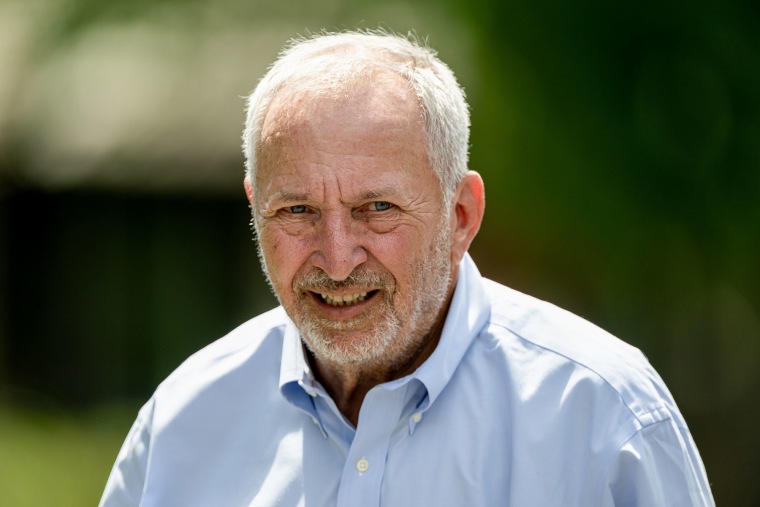
“I am deeply ashamed of my actions and recognize the pain they have caused. I take full responsibility for my misguided decision to continue communicating with Mr. Epstein,” Summers said in a statement earlier this week.
Harvard’s media office did not immediately respond to an emailed list of questions. Summers’ spokesperson declined to comment.
“The cozy friendship between Epstein and Summers on display in the emails is disgusting and disgraceful,” Joseph Blitzstein, a statistics professor, said in a statement to The Crimson, Harvard’s student-run newspaper. (Blitzstein did not respond to NBC News’ request for comment, one of dozens sent to Harvard faculty members this week.)
Sen. Elizabeth Warren, D-Mass., has effectively called for Summers’ ouster, saying in a statement that “Summers cannot be trusted to advise our nation’s politicians, policymakers, and institutions — or teach a generation of students at Harvard or anywhere else.”
It would not be easy for Harvard to cut ties with Summers, a former treasury secretary and White House adviser. He has a tenured position, a form of permanent employment in academia. Harvard’s provost office says on its webpage that professors can be removed “only for grave misconduct or neglect of duty” by the Harvard Corporation, the school’s highest governing body.
Summers has not been accused of taking part in Epstein’s criminal enterprise.
In an interview, one professor said the recent scrutiny on Summers has reopened old wounds from his sometimes rocky time both as university president and instructor.
“He’s known to be a bully,” said Alison Frank Johnson, a history professor and the chair of the department of Germanic languages and literature.
Johnson used a moniker that has trailed Summers throughout his academic career. The New York Times, summing up his term as president, once wrote he “alienated professors with a personal style that many saw as bullying and arrogant.”
Johnson said many on Harvard’s campus have long been skeptical of Summers in part because of “disgraceful” remarks he delivered at a closed-door economic conference in 2005. In a speech that year before the National Bureau of Economic Research, Summers said women might lack an “intrinsic aptitude” for science and engineering.
Summers apologized and insisted his comments had been “misconstrued.” The Faculty of Arts and Sciences lodged a vote of no confidence in his leadership. The furor, combined with other campus controversies, including a public clash with the public intellectual Cornel West, proved too intense to surmount. Summers resigned from the presidency in February 2006.
Four months later, Harvard announced Summers had been named a “University Professor” — the highest faculty rank, and an honor extended to only a handful of academic luminaries. He has held the distinction ever since.
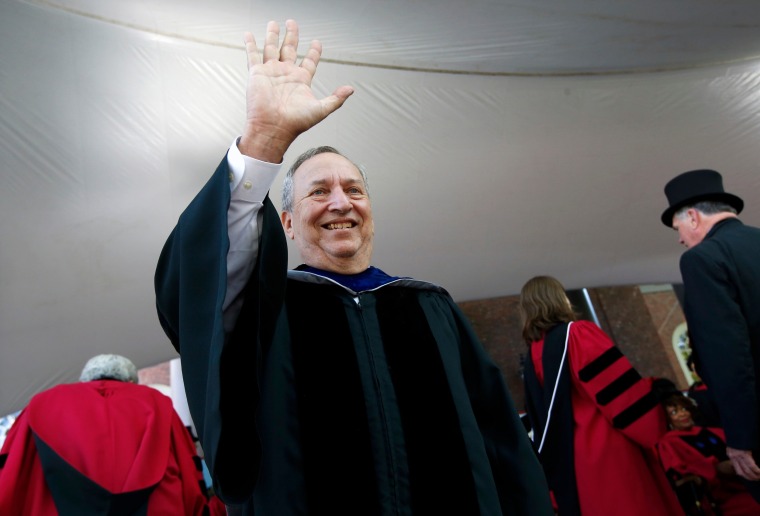
Summers has more recently drawn criticism from some on campus over his public stances on the war between Israel and Hamas in Gaza. Summers, who has said he was “sickened” by what he viewed as the university’s silence after Oct. 7 and a rise in antisemitism, publicly castigated “Israel demonizing faculty” — namely, Walter Johnson, a fellow University Professor.
Johnson, a history professor and former adviser to the campus’ Palestine Solidarity Committee, lambasted Summers in an email, calling him a “prejudiced and unprincipled bully” and assailing him for his criticism of pro-Palestinian activists at Harvard.
“I wouldn’t miss him,” Johnson said in part, adding that he did not have a clear-cut take on Summers’ future at Harvard: “Whether it is appropriate for the University to discipline someone for things — no matter how tawdry and small-minded — revealed in a state-sponsored dump of their private email seems to me to be an open question.”
The emails released by House lawmakers show that Summers and Epstein communicated as recently as 2019, more than a decade after Epstein pleaded guilty in Florida state court to soliciting prostitution from a minor. They continued to correspond until July 5, 2019, a day before Epstein was arrested and charged with sex trafficking of minors.
The length of Summers’ relationship with Epstein represents not “just one lapse” but a “character flaw,” Rachel McCleary, an economics department lecturer, told The Crimson.
In one set of emails, Summers, who is married to the academic Elisa New, sought Epstein’s advice on his romantic pursuit of an unnamed woman he described as a mentee. Epstein described himself as a “pretty good wing man” for Summers. Summers lamented that the woman seemed interested in someone else: “I dint [sic] want to be in a gift giving competition while being the friend without benefits.”
Epstein replied: “shes smart. making you pay for past errors. ignore the daddy im going to go out with the motorcycle guy, you reacted well.. annoyed shows caring., no whining showed strentgh.” (NBC News is quoting from the messages verbatim, typos included.)
In another set of emails, Summers decried that men who “hit on” women may face repercussions in the workplace. In an email dated Oct. 27, 2017, Summers revisited the subject of intellectual differences between men and women, telling Epstein: “I observed that half the IQ in world was possessed by women without mentioning they are more than 51 percent of population.”
The cache of emails has been the subject of extensive reporting from The Crimson, which broke the news on Wednesday night that Summers would not finish his remaining three class sessions this semester and planned to go on leave as director of the Mossavar-Rahmani Center for Business and Government at the Harvard Kennedy School.
Epstein’s ties to Harvard have been extensively documented. Harvard carried out what it characterized as a “full review” of the financier’s connections to the university, releasing a 27-page report in May 2020 that confirmed the school received $9.1 million in gifts from him between 1998 and 2008.
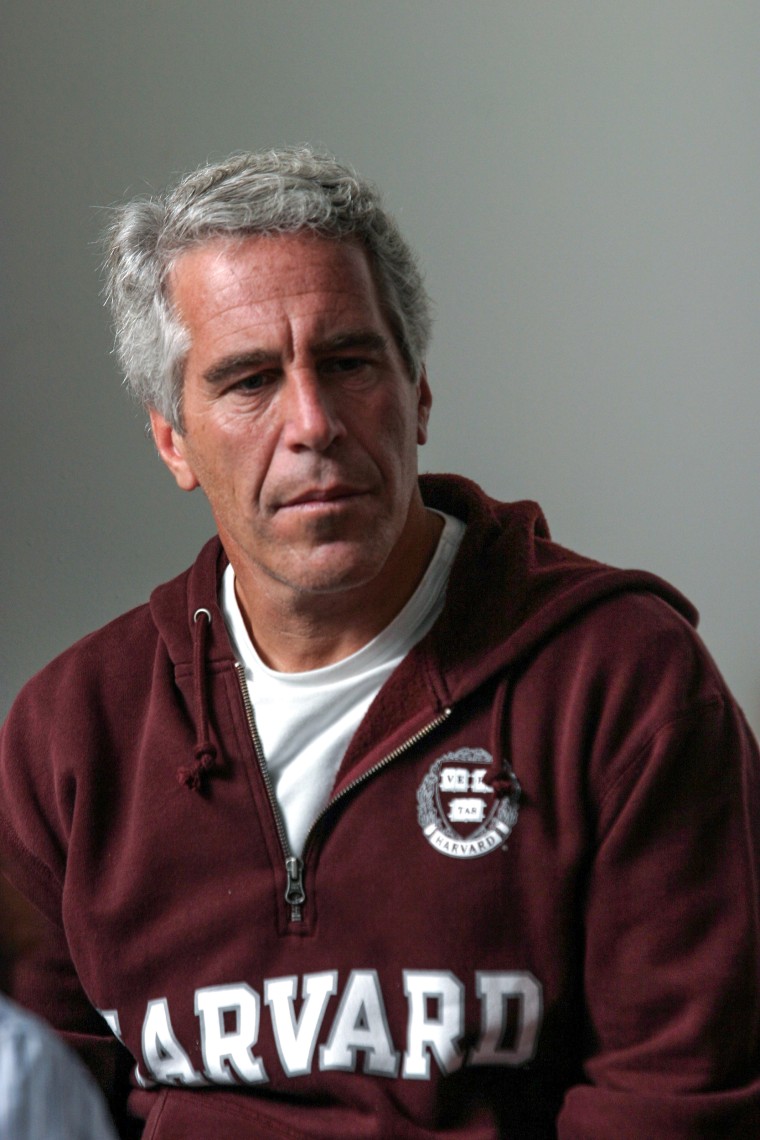
The report said “no gifts were received from Epstein following his conviction in 2008.” (Epstein served a year in Florida jail as part of a secret agreement with federal prosecutors that later led to an internal Justice Department investigation. Epstein’s death in custody in 2019 while awaiting federal prosecution was ruled a suicide.)
Lawrence Lessig, a Harvard law professor, said in an email to NBC News that the recent revelations about Summers’ relationship with Epstein raise questions about the 2020 report.
“I think the important thing is that Harvard is revisiting the report they wrote in 2020,” Lessig wrote. “But the important output from that effort should not just be what we all know — that Larry was integral to Epstein’s relationship to the University — but the part we don’t know: Why did Harvard hide this connection in 2020? Their report was Hamlet without the prince. Why?”
Harvard did not immediately respond to a request for comment on Lessig’s email.
The day before Summers announced he would step back from teaching, he returned to a Harvard lecture hall and directly addressed the Epstein scandal, according to a video posted on TikTok that was verified by NBC News.
“I think it’s very important to fulfill my teaching obligations,” he told his students, “and so, with your permission, we’re going to go forward and talk about the material in the class.”
Summers changed his public position by the following night, and his future at Harvard remains unclear.
“Mr. Summers has decided it’s in the best interest of the Center for him to go on leave from his role as Director as Harvard undertakes its review,” Summers’ spokesman, Steven Goldberg, said in a statement Wednesday.
“He is not scheduled to teach next semester,” Goldberg added.

